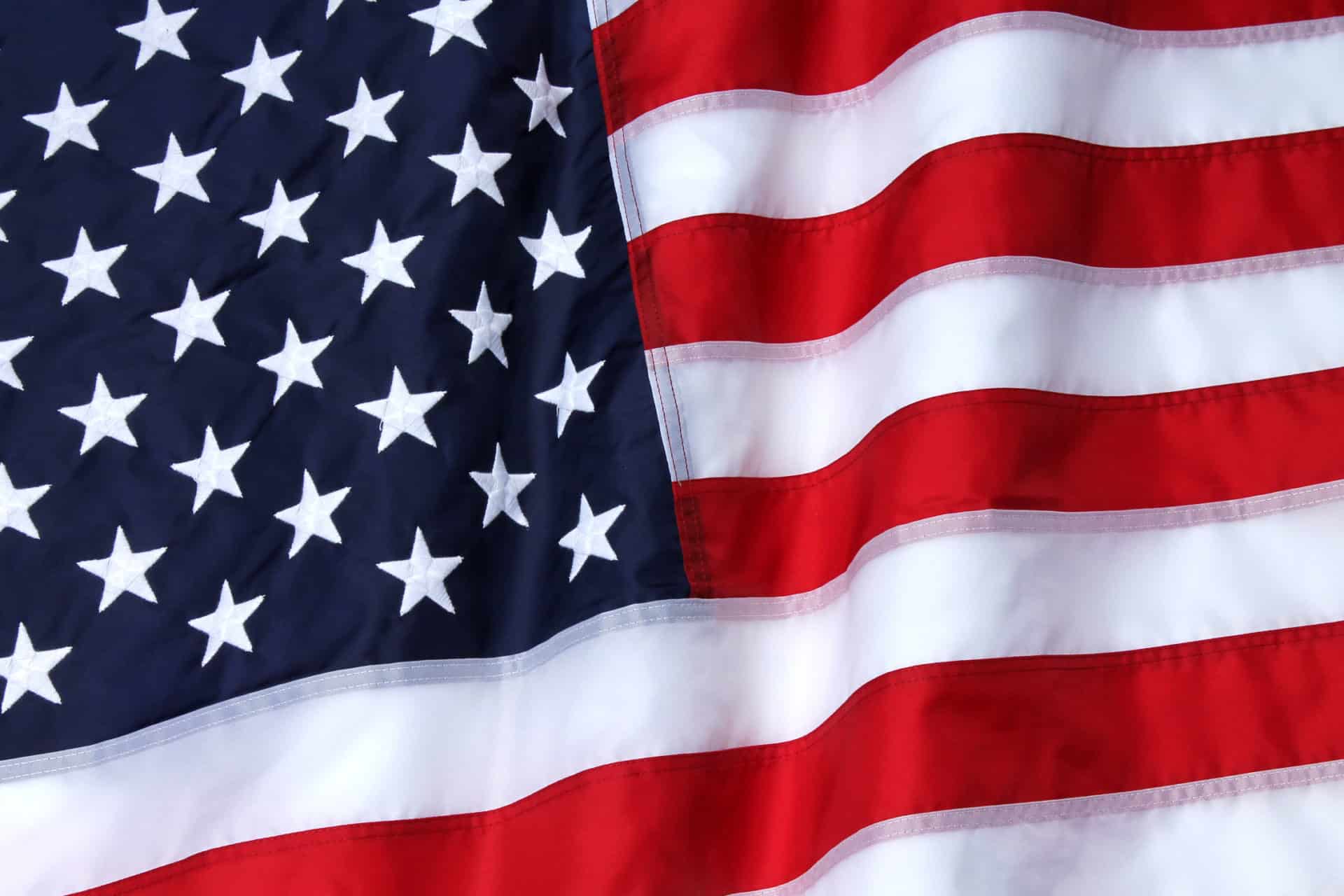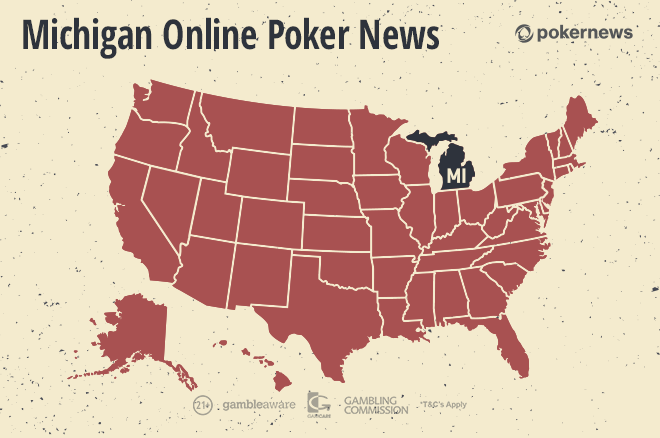Michigan Online Poker News

It could be an early Christmas for online poker players in Michigan as industry experts predict that the Great Lakes State is likely to pass a comprehensive online gaming bill within the next week that will legalize regulated online poker, casino games, and sports wagering.
As of today, the PokerStars Michigan poker client is available in the Wolverine State, making it the third state behind New Jersey and Pennsylvania in which the operator offers legal and regulated real money online poker. 1 day ago The time everyone has been waiting for is now among us as the $200K GTD Main Event is about to start, headlining the inaugural PokerStars Michigan Championship of Online Poker (MICOOP). A highly anticipated main is always cause for excitement, especially when a six-figure guarantee is in place so expect some of Michigan.
Michigan would become the sixth state to legalize online poker if the bill does indeed become law. Currently regulated online poker is allowed in Nevada, Delaware, New Jersey, and Pennsylvania, with West Virginia having also passed a law earlier this year.
One might think it's déjà vu all over again in Michigan as last year the state appeared on the cusp of passing a bill into law after a similar bill made it through both the state's House of Representative and Senate. However, former Governor Rick Snyderchose to veto the bill as one of his last acts to end his term to end last year before the current Governor Gretchen Whitmer took office.

Michigan Pokerstars Website
The Michigan State House of Representatives had passed a bill in October, but action stalled in the Senate for more than a month in the Senate as key issues including tax rates were debated by key parties involved in the bill.
The Senate is now expected to pass a bill this week. According to Online Poker Report, both houses, Governor Whitmer, Michigan's 23 tribal casinos, and the state's three commercial casinos are all on board with the bill.
Senator Curtis Hertel Jr. who was involved in negotiations concerning the bill stated he had been pleased with the progress he and his fellow lawmakers were able to make.
'This was a very difficult process,' Hertel said according to Online Poker Report, 'so I'm really happy to be able to get it this far and excited for the voting the next two days.'
Once the bill is passed by both houses, it will be presented to Governor Whitmer for her signature. While it is possible the online gaming bill could meet the same fate as last year, interested parties appear to be much more optimistic that the bill will pass this time around.
'The governor is pleased with the progress made on gaming over the course of this year, particularly once Sen. Hertel and Rep. Warren were able to engage and resolve key issues to get this package across the finish line,' said Governor Whitmer's spokesperson Tiffany Brown. 'This is a good, bipartisan solution made possible by working together on a complex issue, and the governor looks forward to closely reviewing this package once it hits her desk.'
Taxes and Licensing

The bill will call for each casino to foot a $50,000 payment up front when applying for a license. If approved the license will cost $100,000 for the first year and $50,000 for each additional year. Suppliers will be subject to a $5,000 initial licensing fee with a $2,500 bill every subsequent year.

This is just the beginning as the bill calls for a tiered tax structure with rates ranging from 20-28% of revenue for online poker and casino games.
- 20% on revenue less than $4 million
- 22% on revenue from $4-8 million
- 24% on revenue from $8-10 million
- 26% on revenue from $10-12 million
- 28% on revenue of $12 million+
While these rates are higher than what the bill introduced in October originally called for, they are about half of the 54% tax-rate Pennsylvania levies.
The tax rate is much lower at 8.4% for online sports wagering and daily fantasy sports. The three commercial casinos would also have an additional 1.25% municipal tax.
While online operators will not be able to deduct free-play and promotions in their entirety, they will be able to deduct some with a 10% deduction allowed during the first three years and a 6% deduction allowed in the fourth year. After this period, no further deductions will be permitted.
Time will tell whether Michigan will end the year as the sixth state to approved regulated online poker. Stay tuned to PokerNews for further updates.
Photo: 'Welcome to Michigan, Menominee, Michigan,' (adapted), Ken Lund, CC BY-SA 2.0.
Tags
NevadaNew JerseyOnline CasinoOnline PokerPoker and the LawPoker promotionsPoker TaxesSportsMichigan
The bill that would allow Michigan to share its online poker player pool with other US states has been signed into law.
On December 29, Governor Gretchen Whitmer approved a series of bills including SB 991 bill, paving way for interstate online poker.
The state’s legislature website was updated earlier today to reflect the Governor’s approval that came over the holidays.
Originally, when online poker was legalized by Governor Whitmer in December 2019, the Lawful Internet Gaming Act did not allow for Michigan to enter into agreements to allow cross-border liquidity sharing within the country.
State Senator Curtis Hertel Jr sought to rectify the issue when on June 25 he introduced SB 991, which would grant state regulators the authority to authorize multijurisdictional access to online poker.
The bill specifically states that “the board may enter into agreements with other jurisdictions, including Indian tribes, to facilitate, administer, and regulate multijurisdictional internet gaming for poker by internet gaming operators to the extent that entering into the agreement is consistent with state and federal laws.”

It also restricts such deals to jurisdictions within the United States, so international liquidity will not be allowed.
The amendment to Michigan’s Lawful Internet Gaming Act was approved by the Senate on October 1 by a margin of 36 to 1 with one senator excused from the vote. From there, the bill was passed by the House on December 17, by a margin of 85-16, with nine absentees.
The Senate did acknowledge that “allowing multijurisdictional poker play would presumably result in increased play and wagering in online poker games” and “therefore increase revenues to the [state] fund by a small amount.”
So what now? Does that mean shared liquidity will be allowed in Michigan at the time of launch?
No, at the time of launch, online poker in Michigan will likely be ring-fenced, meaning players will only be able to compete with players within the state.
A measure to give the law immediate effect was defeated, (SJ 97 Pg. 2534) meaning that it will be at least 90 days before shared liquidity with other states can become a reality. So cross-border shared liquidity with other states is unlikely to happen before April.
However, according to the new law, multijurisdictional poker must not contravene federal law, calling into question whether efforts by the US Department of Justice to reinterpret the Wire Act to prohibit interstate gambling will impede the introduction of shared liquidity in Michigan.
As of now, three states (Delaware, New Jersey, and Nevada) have joined the MultiState Internet Gaming Agreement (MSIGA). Pennsylvania was also expected to join the MSIGA ,but state regulators changed course following the announcement by the DOJ that it was seeking to reinterpret the Wire Act.
WSOP.com which operates in all those three states is the only operator in the country to have taken advantage of the MSIGA.
When is Online Poker Expected to Go Live in Michigan?
The passage of the interstate online poker bill comes just days ahead of the anticipated igaming launch expected to take place later in January.
Unfortunately, online poker is likely to lag behind online casino and sports betting as seen in Pennsylvania.
Legal Online Poker In Michigan
“We don’t know whether poker will be among the games offered at initial launch,” MGCB Communication Specialist Mary Kay Bean told pokerfuse in December. “It will depend on an operator’s readiness to offer poker and their desire to do so.”
“The games must be evaluated by independent testing labs and our own gaming lab and approved by the MGCB prior to being deployed,” Bean added.
Last month, the MGCBissued its first provisional licenses to 15 gaming platform providers, including The Stars Group (TSG), the parent company of PokerStars (that already operates in New Jersey and Pennsylvania) and BetMGM through Roar Digital (that offers online poker in New Jersey through partypoker US network).
Both PokerStars MI and the collection of BetMGM MI, partypoker MI and Borgata Poker are likely to be the first sites to offer online poker in Michigan.